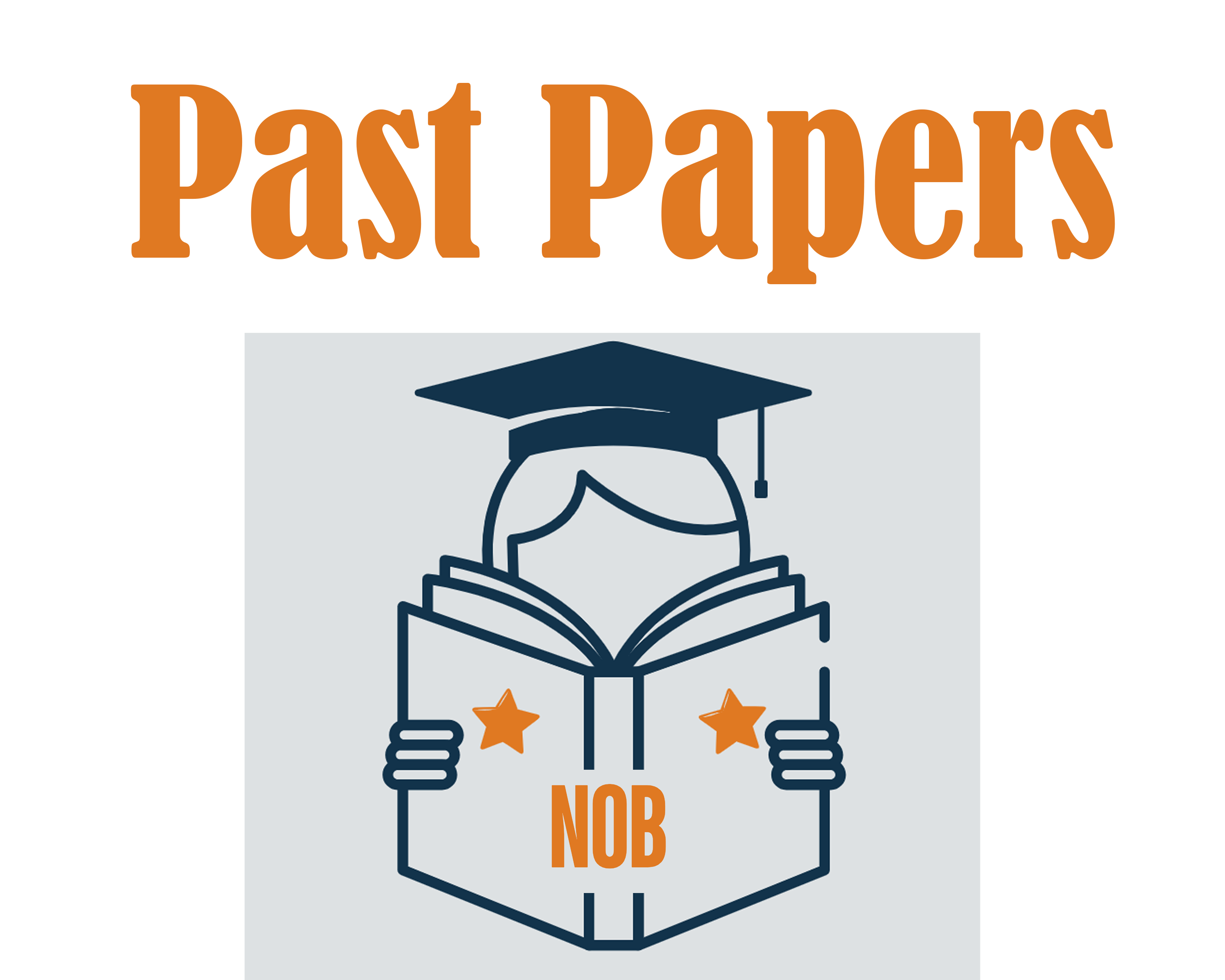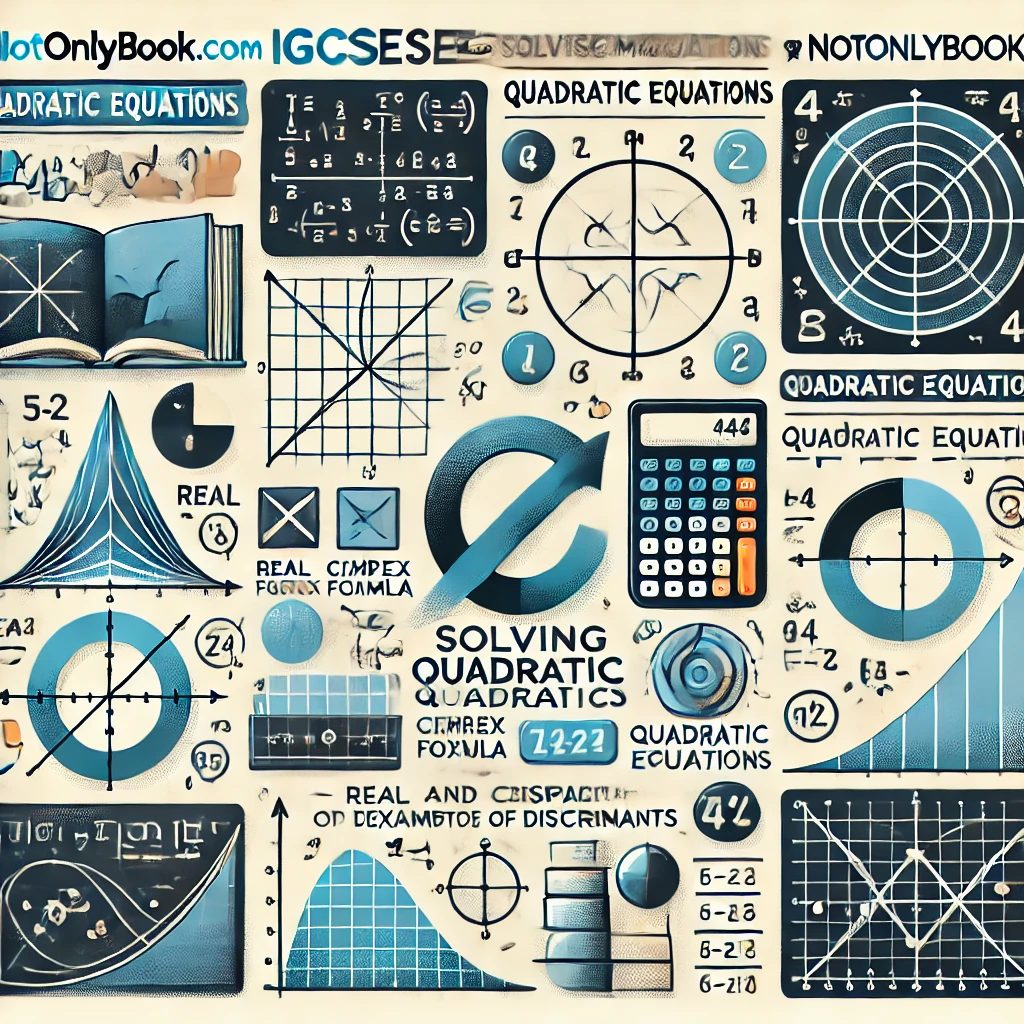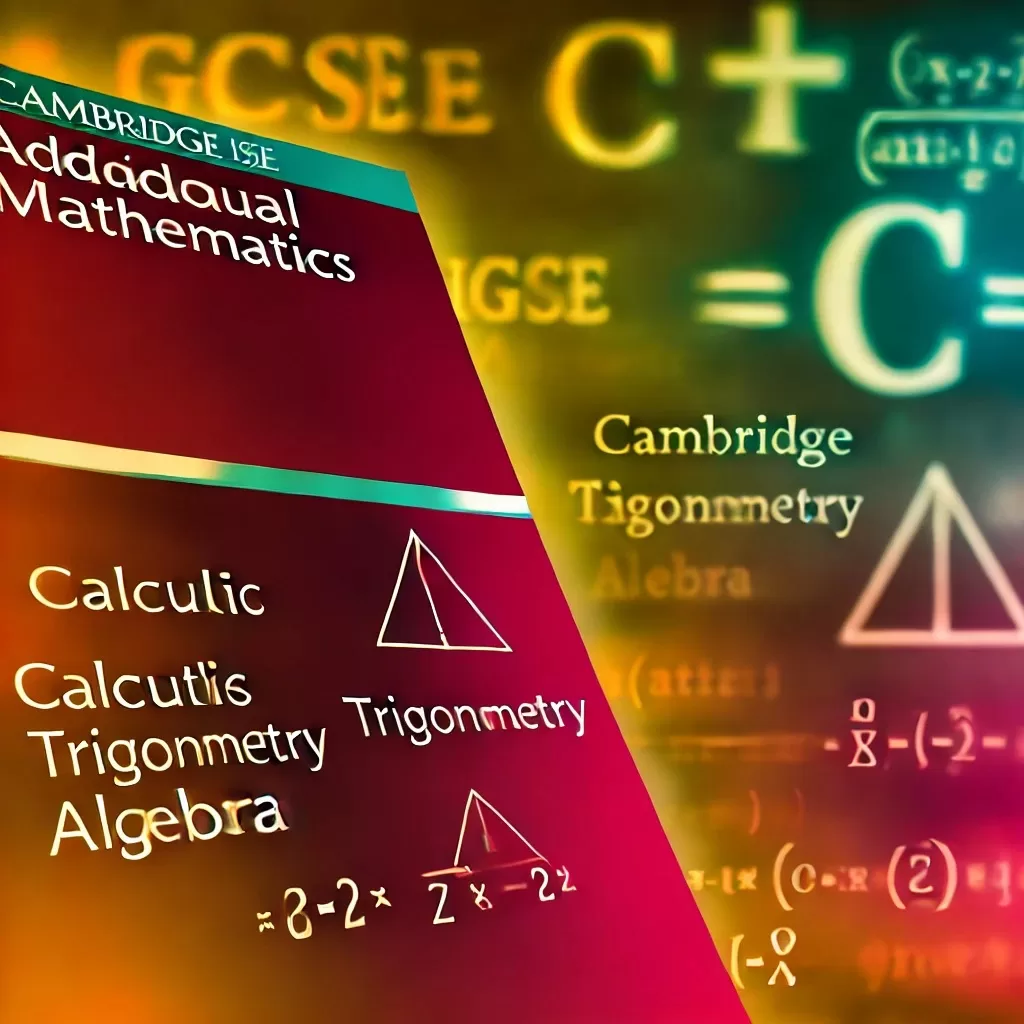Accounting Past Papaers
Table of Contents

2022-Oct-Nov Accounting Past Papaers
Mastering Cambridge IGCSE Accounting 0452: Essential Tips and Resources for Success Accounting Past Papaers
The Cambridge IGCSE Accounting 0452 syllabus is designed to give students a clear understanding of the principles and techniques used in financial accounting. Covering key topics like double-entry bookkeeping, trial balance, financial statements, and accounting ratios, the course equips students with practical skills that are invaluable in both higher education and future careers in finance. For students preparing for this exam, using past papers and study guides is one of the most effective ways to boost confidence and improve exam performance.
Why Past Papers are Essential in Accounting 0452 Preparation Accounting Past Papaers
- Understanding the Exam Format The Accounting 0452 exam consists of two components: Paper 1 (Multiple-Choice) and Paper 2 (Structured Questions). Paper 1 tests a broad range of accounting topics through multiple-choice questions, while Paper 2 focuses on more in-depth structured questions that require calculation and analysis. Practicing with past papers helps students become familiar with these formats, ensuring there are no surprises on exam day.For more information about the Cambridge IGCSE Accounting 0452 syllabus, you can visit the official Cambridge website.
- Building Strong Foundations in Accounting Accounting is a subject that relies heavily on understanding the core principles of double-entry bookkeeping. By practicing with past papers, students reinforce their understanding of accounting basics, such as debits and credits, journal entries, and ledger accounts. Reviewing past papers also highlights how certain topics are weighted and which concepts are most frequently tested, allowing students to focus their revision efforts more efficiently.
- Learning the Importance of Time Management The ability to manage time effectively is crucial for the Accounting 0452 exam, especially when it comes to completing calculations and preparing financial statements under timed conditions. Through consistent practice with past papers, students learn to allocate their time wisely, ensuring that they leave enough time to review their answers and check for any errors in their calculations.To access free Accounting past papers, visit our IGCSE Accounting Past Papers section, where you can download past exams to practice.
- Identifying Areas for Improvement One of the key benefits of using past papers is the ability to identify weak areas. Perhaps a student excels in preparing balance sheets but struggles with calculating ratios or interpreting financial data. Past papers help pinpoint these gaps in knowledge, enabling students to adjust their revision strategies accordingly.
- Developing Exam Techniques The mark scheme is an essential tool for understanding what examiners are looking for in responses. By practicing past papers and reviewing the corresponding mark schemes, students can fine-tune their answers to meet the specific requirements of the exam. For example, structured questions often require precise calculations, and past papers allow students to practice presenting these calculations in a way that maximizes marks.
Key Resources for IGCSE Accounting 0452 Preparation Accounting Past Papaers
- Textbooks and Study Guides A solid understanding of the Cambridge Accounting syllabus can be achieved through reliable textbooks and study guides. Websites like notonlybook.com provide access to a range of study materials, including textbooks, revision notes, and exam tips that help students grasp key concepts in accounting.
- Interactive Learning Tools In addition to past papers, students can benefit from interactive learning tools like quizzes, video tutorials, and online exercises. These tools help reinforce learning through repetition and provide a more dynamic approach to studying accounting principles. Many online platforms, such as Khan Academy and BBC Bitesize, offer free educational resources tailored to IGCSE students.
- Study Groups and Peer Learning Collaboration with peers can be a valuable way to deepen your understanding of accounting topics. Study groups allow students to discuss challenging concepts, compare notes, and explain difficult topics to one another. Peer learning also promotes accountability and encourages consistent revision.
How to Make the Most of Past Papers
- Practice Under Exam Conditions To simulate the real exam, set a timer and attempt past papers under exam conditions. This not only helps improve time management but also reduces exam-day stress by familiarizing students with the pressure of completing tasks within a set timeframe.
- Use Mark Schemes to Learn from Mistakes After completing a past paper, review the answers using the mark scheme. This step is crucial in understanding where you went wrong and how to correct those mistakes. By learning from errors, you can improve your accuracy in future exams.
- Track Your Progress Keep a record of your scores from past papers to track improvement over time. This allows you to identify which areas of the syllabus need more attention and which ones you’ve mastered.
Best Online Resources for IGCSE Accounting 0452
Websites like notonlybook.com are a great resource for free access to past papers, revision guides, and helpful accounting tips. Additionally, the Cambridge International website offers useful information on exam specifications and the latest updates regarding IGCSE exams.
Conclusion
The Cambridge IGCSE Accounting 0452 syllabus is a practical and valuable course that provides students with essential financial skills. With consistent practice using past papers and other revision tools, students can significantly improve their exam performance and build a strong foundation for future studies in accounting and finance. Whether you’re working through balance sheets, cash flow statements, or accounting ratios, using the right resources will help you achieve success.
Check out our Accounting Study Guides for more resources and tips to ace your exams.





No comment